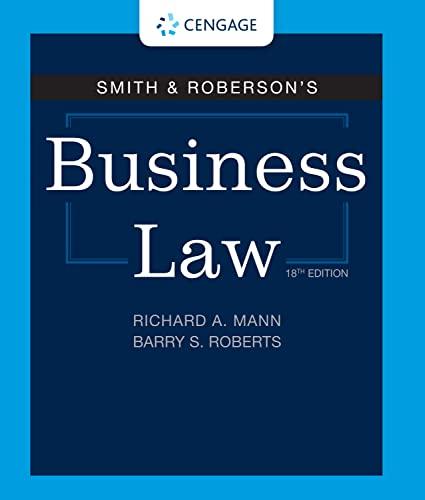Answered step by step
Verified Expert Solution
Question
1 Approved Answer
A is a new State created by the legislative act of its mother State, B. State A is very poor. Its population is largely nomadic,
A is a new State created by the legislative act of its mother State, B. State A is very poor. Its population is largely nomadic, in addition to which some 60 percent of the adult males are forced by economic necessity to seek employment on the mines in the former mother state. The remainder of the population lives in organized tribes, each under a patriarchal leader and along strict hierarchal line. The borders of State A are not yet fully defined, since negotiations are continuing between it and the former mother State for the extension of its territory. One of the territories currently falling within A is a small enclave that is completely separated from the main body of its territory. The enclave contains only a fishing town with a canning factory, a school, a magistrates court, and some government offices manned partly by officials seconded from State B and partly by local inhabitants of State A, who are receiving training from B's officials. Given that the government of State A is virtually bankrupt, it relies heavily on the financial assistance from State B. This has also forced the citizens of State A into exile into State B and C for economic opportunities. Despite this reality, State A is actively developing a form of government totally alien to that of State B. Although A's minister of foreign affairs has travelled extensively in an attempt to establish diplomatic relations in Europe, no country other than B and a few neighbouring State, which are wholly dependent on A for a route to the sea for marine research purposes, have recognized A. State A's application for membership of the UN has also been refused. With reference to the above hypothetical, and applicable sources, fully discuss the following: 1.7. Whether State A is a 'State' enjoying international personality. 1.8. Assuming that State B and C refuse to accept the economic refugees from State A and decides to deport them back to State A, will States B and C be violating the principle of "non-refoulment"? Fully discuss. 1.9.Discuss in detail the diplomatic privileges and immunities that the Minister of foreign Affairs of State A enjoys on his diplomatic travels and missions in Europe. 1.10. Can State A as 'protest' for the ill treatment of its citizens in State B refuse States B (and its neighbours) access to the High Seas? Discuss in full. 1.11. On what basis is State A refused membership in the United Nations? 1.12. Is State A a "failed State"? Substantiate in full
Step by Step Solution
There are 3 Steps involved in it
Step: 1

Get Instant Access to Expert-Tailored Solutions
See step-by-step solutions with expert insights and AI powered tools for academic success
Step: 2

Step: 3

Ace Your Homework with AI
Get the answers you need in no time with our AI-driven, step-by-step assistance
Get Started


